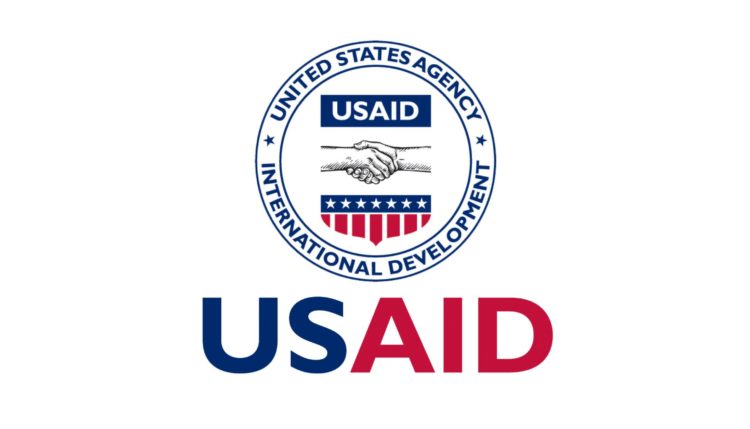A new dawn awaits the Kebbi State health sector, with a resolution to ensure that every entity within the sector begins to use data gathered for policy formulation and decisions.
This is the outcome of a three-day training organised by USAID State2State for Monitoring and Evaluation Officers across the state Health MDAs and CSOs, held in Sokoto.
State2State Kebbi State team lead Usman Faleye remarked that the training aims to support the health sector in improving service delivery across the board.
“Other objectives of this technical training are on how NHMIS and the DHIS-2 work and how data is transformed; understanding the basics of monitoring and evaluation, and the essence of data generated for informed decisions for government and partners who want to come and support the state,” Faleye stated.
Dr Jibril Labbo Gwandu, who represented the commissioner for health at the event, commended State2State for the timely training that will help participants generate, analyse and use data.
Dr Gwandu, Kebbi state director of medical services, who expressed optimism that participants will maximise the opportunity the training avail them on adequate use of data, said, “If data generated are properly harnessed, it will be to the good of the state particularly, in the health sector.
“I believe that participants will improve their knowledge and have their capacity updated in generating data for policymakers to utilise for the good of the state.”
Professor Umar Usman, Statistician General, Kebbi Bureau of Statistics, pointed out that data gathering and processing are a waste of time if not translated into proper and effective use, which is why the three-day training is of utmost Importance.
“One important take home from the training is that lapses in validating data gathered have been identified, and the gap will surely be bridged,” Professor Umar posited.
State2State SMEL Specialist Sani Ibrahim, who dwells on ‘understanding monitoring and evaluation system and definition of a key concept,’ noted that “participants are reawakened on the importance of collecting quality data, which will be transmitted to policy and decision makers to move health issues in Kebbi state from where they are present to a better and appreciable level.
“Stakeholders now understand the process of entering data, and they do a critical and quality of that data to form reports for usage by policymakers for collaboration, good planning, budgeting, and programme designing in Kebbi state.”
Topics treated during the training include the background of the National Health Management Information System, NHMIS; a presentation on the source of health data and a practical demonstration of filling out health registers; and practical/Hands-on inputting data into DHIS-2, downloading, pivoting, analysing, and Interpreting the data.
Discussions, group work, a presentation on data for decision-making, and the design and development of a monitoring and evaluation programme with monthly and quarterly reports were also conducted.











